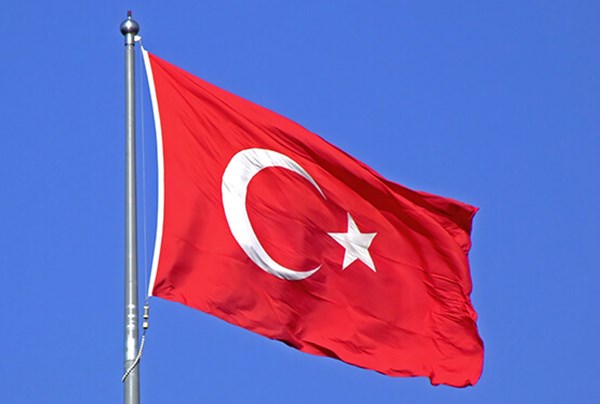Turkey cuts back Russian gas purchases to ten year low
Turkey appears to be deliberately purchasing less Russian gas until the Russian gas monopoly Gazprom completes the $7 billion Turkish Stream gas pipeline, reports finanz.ru.
At the end of the first quarter of 2019, Russia had for the first time in history lost its competitiveness on the Turkish gas market to liquefied natural gas (LNG) from the US, Qatar, Algeria and other countries.
The total amount of Russian gas bought by Turkish clients, including the state-owned company Botas and independent operators, dropped by nearly 50% to 4.4 billion cubic meters. This is the lowest figure this decade, writes the Russian news agency Interfax, citing the Turkish Energy Market Regulatory Authority (EMRA) and its own calculations: only the first quarter of 2010 had a lower volume (4.32 billion cubic meters).
According to the EMRA’s statistics, Turkey has consistently been buying more LNG than Russian gas since January.
Whereas in December 2018, Turkey bought 2.26 billion cubic meters of gas from Russia and only 1.97 billion of LNG, the situation had changed by January 2019: 1.83 billion cubic meters of gas was bought from Gazprom, as compared to 2.34 billion of LNG from other suppliers.
The difference was maintained in February: Turkey bought only 1.21 billion cubic meters from Gazprom, and 1.69 as LNG.
Turkey’s key suppliers were the US, Algeria, Qatar, Egypt, Nigeria, Angola, and Trinidad and Tobago. LNG was also bought from France and Spain, which had excess volume to re-export due to an unusually warm winter.
The demand for gas in Turkey has been falling due to an economic crisis: last year alone, the Turkish lira depreciated by 28%, making it the worst performing emerging market currency. The country’s inflation was in excess of 20%, and its GDP dropped in two consecutive quarters, marking the start of the first recession since 2009.
However, it appears to have been price differences that forced Turkey to selectively cut back on its Russian gas purchases.
News came out in February that Gazprom Export had revoked the 10.25% discount that it had offered to the private Turkish gas importers Akfel Gaz Sanayi ve Ticaret and Enerco Enerji since 2015.
The traders had traditionally bought gas cheaper than Botas, the national supplier, which was able to supply gas to Turkey’s subsidized internal market at zero profit or even at a loss. In 2015, the companies acquired a 10.25% discount which was supposed to last until 2016. in 2016, Gazprom tried to raise prices amid a court dispute with Botas, but the independent gas companies did not consent, considering the discount irrevocable.
Since they did not pay the larger amount for January 2016, Gazprom supplied 10% less gas than requested. In April 2016, the parties settled the conflict out of court, but in 2017 Gazprom disputed the price in court once again.
Russian and Turkish presidents Vladimir Putin and Recep Erdogan met to discuss the dispute, but were unable to reach an agreement.
“There are issues, there are problems. Our Turkish friends insist on one set of formulas, but for commercial reasons, Gazprom proposes other solutions,” Putin said after the meeting. He added that Moscow would attempt to find a solution to the problem, since it values the Turkish market and its relations with its “Turkish partners and friends”.
The Russian president stressed that in Russia’s gas shipments to Turkey, price is not the only significant factor, but also the stability of the supply. “Turkey has many suppliers in the gas sector, and far from all of them meet their contractual obligations, but Russia meets them,” he remarked.
